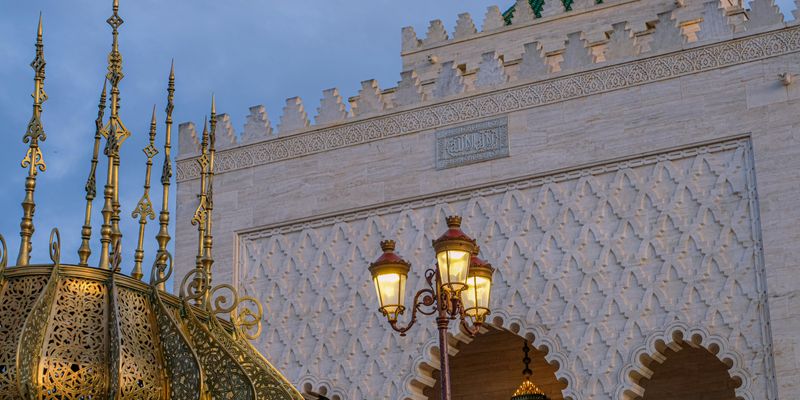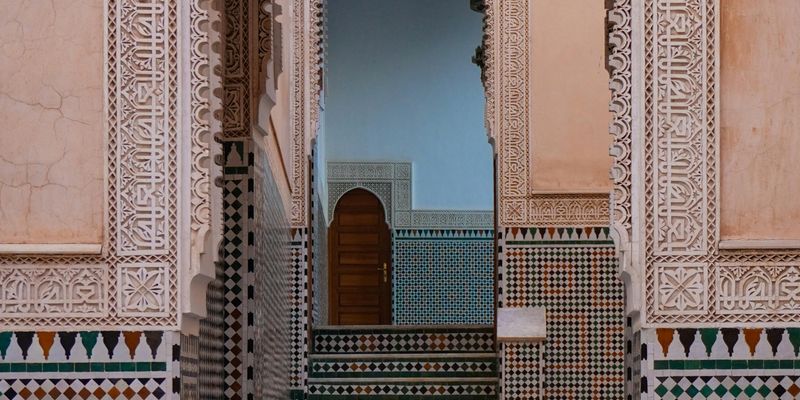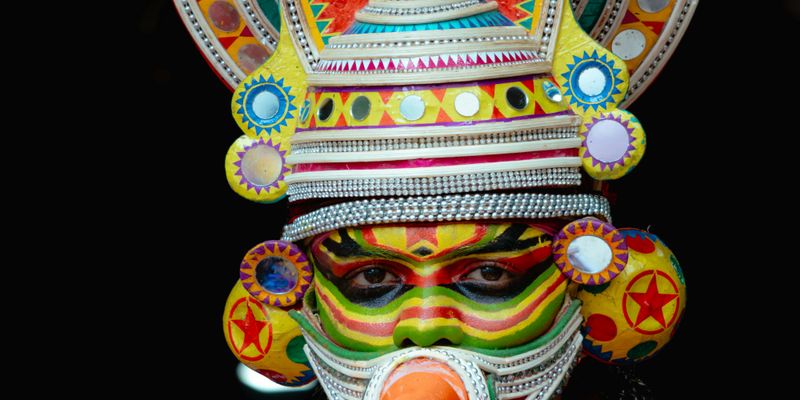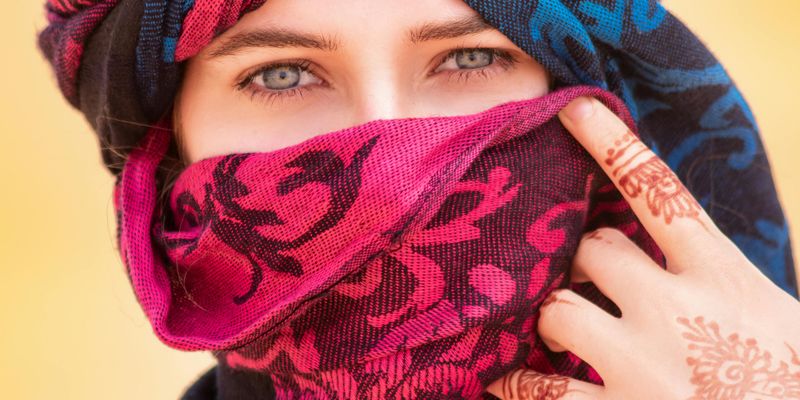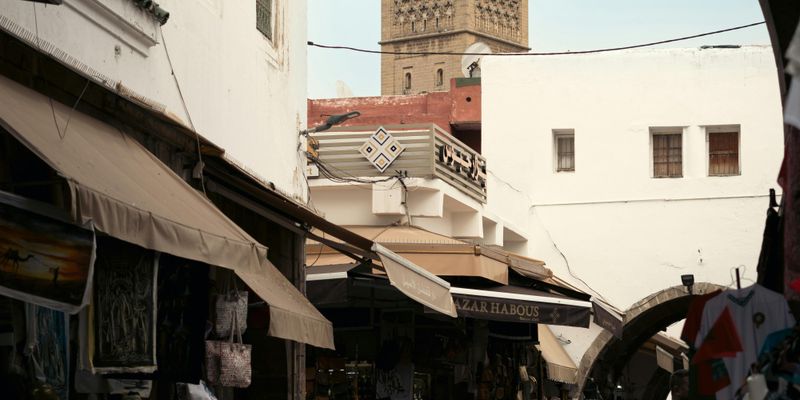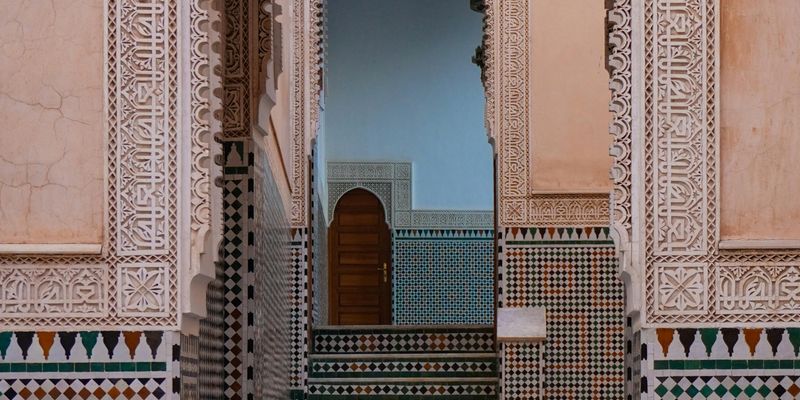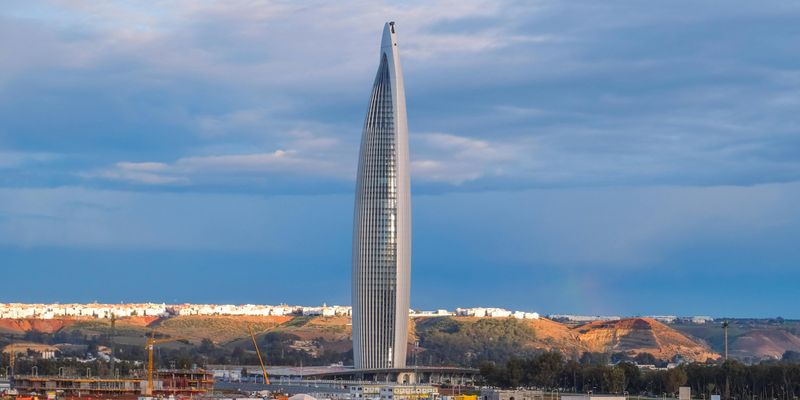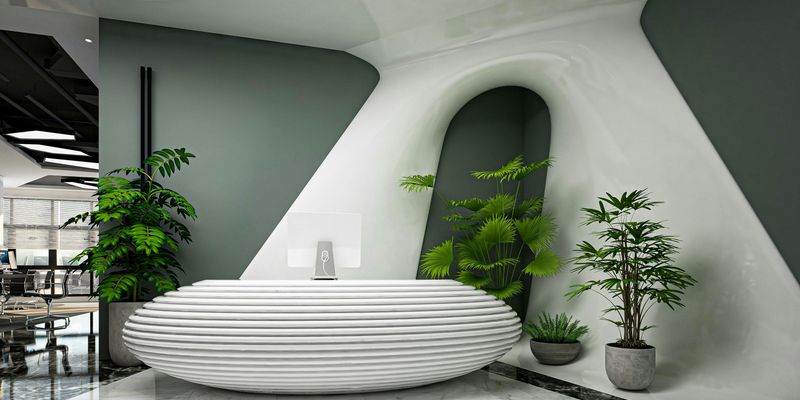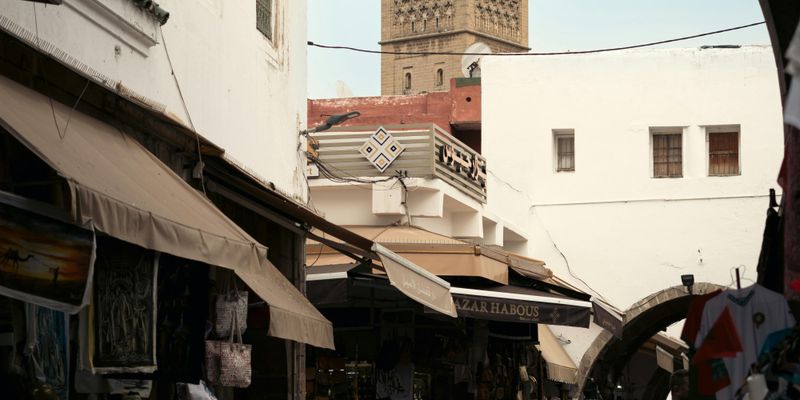
Why Discovering Morocco's Rich Islamic Culture is a Must-Do
When one thinks of Morocco, images of vibrant souks, the majestic Atlas Mountains, and the tranquil Sahara desert might spring to mind. Yet, nestled within the very fabric of this enchanting country is a rich Islamic culture that deserves careful exploration. As someone who has wandered through ancient medinas, participated in communal prayers, and savored the warmth of Moroccan hospitality, I can attest that understanding this aspect of Morocco enhances any visit.
Islamic Architecture: A Visual Feast
Entering a Moroccan city is akin to stepping into a living museum of Islamic architecture. The grandeur of the Koutoubia Mosque in Marrakech, with its magnificent minaret standing proudly against the sky, is a sight to behold. The intricate tilework, or zellij, and the calligraphy adorning the walls tell stories of faith and artistry. A visit to the Medersa Ben Youssef—a historic Quranic school—allows you to appreciate the serene beauty of detailed stucco and archways that transport you to a time of scholarly pursuit.
Festivals and Celebrations
Moroccan culture thrives through its festivals, many of which celebrate Islamic traditions. One unforgettable experience is the celebration of Eid al-Fitr, the festival marking the end of Ramadan. Streets come alive with the smell of sweet pastries, and laughter resonates as families gather to share meals and joy. The essence of community shines brightly during these times, reflecting the deep-rooted values of generosity and togetherness in Islam.
Daily Life: Faith and Tradition
Beyond grand mosques and festive occasions, the influence of Islamic culture is palpable in everyday life. The call to prayer, or adhan, heralds moments of reflection. This beautiful tradition signifies not just a spiritual practice, but serves as a daily reminder of faith's integral role in Moroccan life. Engage with locals over a cup of traditional mint tea—often the first gesture of hospitality. You’ll find that every interaction comes interlaced with cultural nuances and respect, stemming from deep Islamic values.
Artisans and Craftsmanship
Explore the intricate arts and crafts that flourish in Morocco, influenced heavily by Islamic aesthetics. From hand-carved wooden doors to stunning carpets adorned with geometric patterns, each piece reflects an artistic heritage that spans centuries. The Henna traditions are particularly fascinating—an age-old practice often seen in weddings and celebrations, symbolizing joy and protection. When visiting local artisan workshops, take a moment to appreciate the dedication and stories behind each crafted item.
A Tapestry of Influences
Morocco's Islamic culture is not a solitary thread; it is interwoven with Berber, Arab, and sub-Saharan influences, creating a unique cultural tapestry. This diversity enriches every encounter and every sight you behold. As you navigate through its bustling cities and tranquil countrysides, remember that you are walking through a historical dialogue between different cultures, each contributing to the Morocco we know today.
Conclusion
To discover Morocco's rich Islamic culture is to embark on a journey of understanding and appreciation. So, whether you are sipping mint tea in a local café or admiring the fading light over a historic mosque, take a moment to delve deeper into the stories waiting to be uncovered. Morocco, with its Islamic heritage at the forefront, is a treasure trove for those who seek to explore beyond the surface and appreciate the beauty of cultural exchange.
